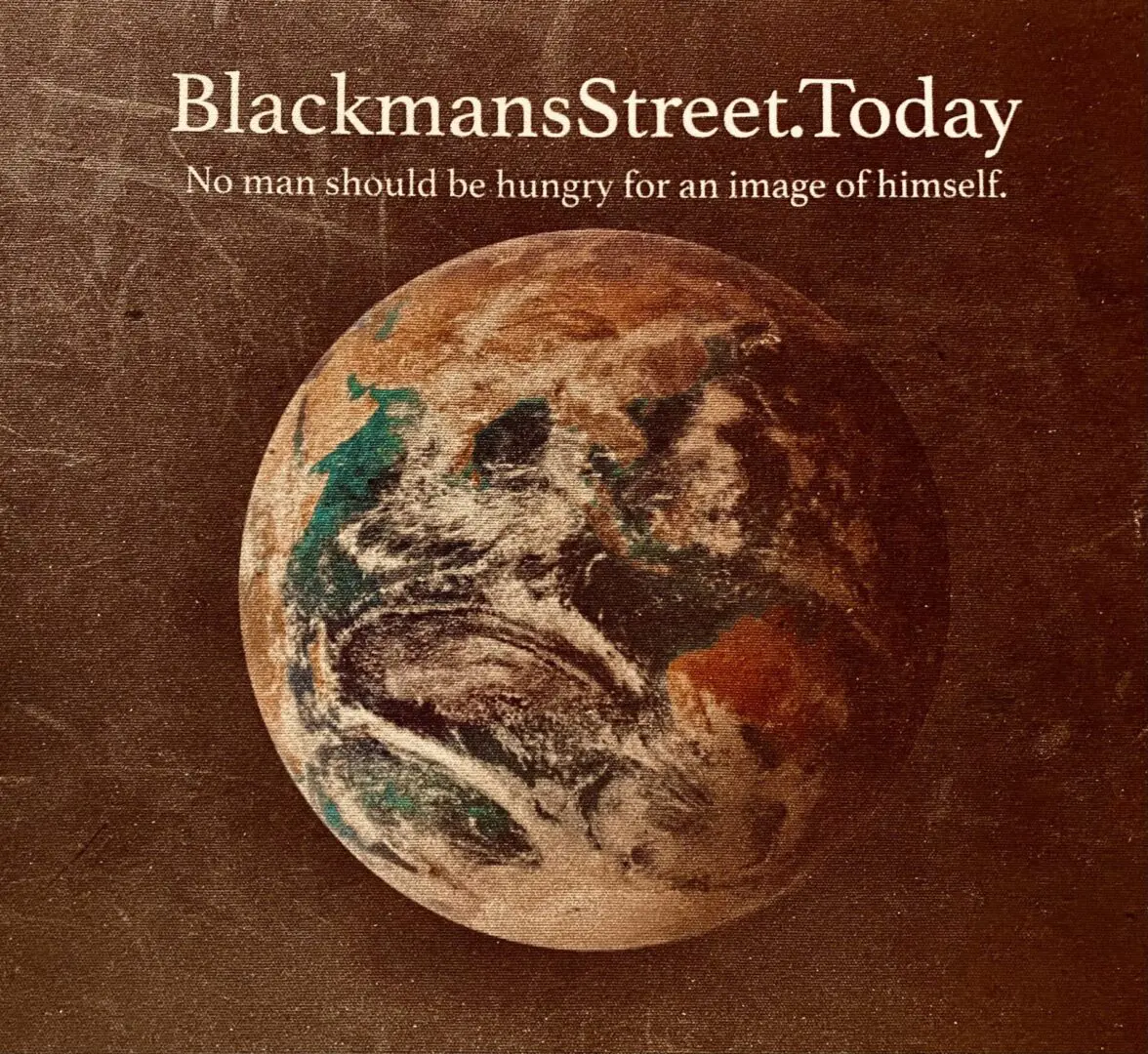Susie King Taylor was finally honored for teaching Black children to read and write
Susie King Taylor, the first Black educator to formally teach enslaved students how to read and write, which was largely forbidden then, will be honored with a statue installed in one of Savannah’s town squares, replacing the statue of John C. Calhoun, who supported slavery.Â
As early as the 1710’s slaves received Biblical literacy from their White masters. Enslaved writer Phillis Wheatley was taught in the home of her master, but most Whites were opposed to Black literacy because they believed it would threaten the slave system.
Taylor’s statue will replace that of Calhoun, a former U.S. Vice President, whose name has reigned over Calhoun’s Square for 170 years.
The Savannah City Council voted last November to eliminate the name Calhoun Square following a campaign that argued he was unworthy of the honor in a city where 54% of the population is Black.“
“It’s time for a woman-named square,†said Patt Gunn, a Savannah tour guide who led a group of activists that pushed for three years to have the square renamed for Taylor.
Taylor is the first Black woman to adorn one of Savannah’s 23 squares.
The Savannah City Council has approved a name change for one of the picturesque, park-like squares that are treasured features of the original plan for the city founded in 1733.
“It’s one thing to make history. It’s something else to make sense. And in this case, we’re making both,†Savannah Mayor Van Johnson said. He noted that five Black women sit on the nine-member city council, something people of Taylor’s era “never could have fathomed.â€
City officials stripped any signs with Calhoun’s name from the square immediately following that first vote. The space sat nameless for nine months as city hall collected recommendations for a new name.
Ms. Taylor became the first Black teacher to educate African Americans in Georgia.
In 1866, Susie King Taylor and her husband, Edward, moved to Savannah, where Ms. Taylor opened a school for African-American children. Edward died a few months before their first child was born.
Ms. Taylor scraped by as an educator for several years, repeatedly losing students – and much-needed income – to newly opened public schools. Ms Taylor later worked as a maid for wealthy families.
She served as a Union Army nurse without pay. She also wrote a book about her experiences with Black troops. The book is titled Reminiscences of My Life in Camp with the 33d United States Colored Troops, Late 1st S.C. Volunteers.
Recently, Fort Polk, named after Lt. Gen. Leonidas Polk, a Confederate commander who wanted Black people to remain enslaved, has been renamed Fort William Henry Johnson. Johnson was a Black man and a World War I Medal of Honor recipient.
